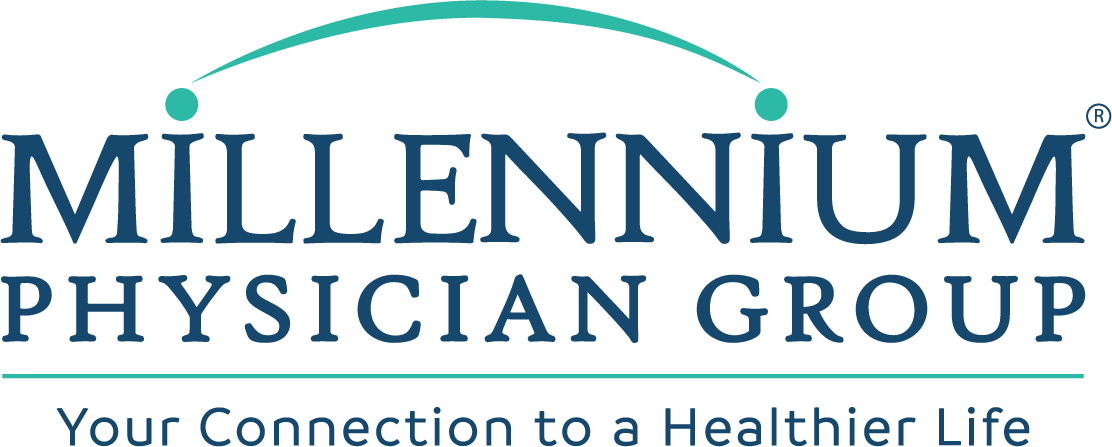Your golden years are the perfect time to focus on better health. Getting older doesn’t mean you’ve earned a free pass when it comes to making healthy choices. Millennium Physician Group Family and Sports Medicine Physician Patrick Murray, MD, says the right diet and exercise choices can keep you in shape and out of the hospital.
“It’s not just about weight loss,” he says. “It’s also about general health for your heart, general health for your lungs, health for your muscles and your joints and other parts of your body.”
If you’re in your 50s, 60s, 70s, or beyond you might be happy just to feel good “for your age”. But how about actually feeling younger than you are? Even small diet and exercise changes can have a big impact on your health, especially as you get older.
“Metabolically, your body will slow down a little bit,” Dr. Murray explains. “So that means you don’t necessarily need all of the calories you did when you were younger, in your 20s and 30s. So that also means maybe modifying your diet a little bit.”
Dr. Murray says to start small. Adding more fiber, drinking more water, and eating more whole foods are some of the easiest diet changes you can make. And don’t forget the exercise.
“Being active when you’re old is huge. It’s instrumental in keeping you healthy and avoiding you going to the hospital, having all sorts of other issues and medications to deal with,” he says.
Regular physical activity and exercise for seniors helps improve mental and physical health, which will help you maintain your independence as you age. Exercise can prevent and improve chronic diseases like diabetes and heart disease, it can prevent osteoporosis, and it improves overall immune function. Being physically active also can improve your emotional outlook and brain health.
“Activity level as you age does not have to decrease, but it may need a slightly different structure,” Dr. Murray explains. “Sometimes more frequent breaks but more days of the week exercising. And then listening to your body. If you’re finding that you’re developing more aches and pains, come and see your doctor and see if we can help you, and guide you in a safe way to keep up and stay active.”
As you get older, your primary-care provider is a valuable resource for how your lifestyle choices may need to change as you age.
“I think the benefit of having a primary-care doctor talk to you about exercise and nutrition is I’m most aware of everything you’re dealing with,” Dr. Murray admits. “I’m the one who gets to see you in the most holistic sense of all the different things going on with you at home, along with your body, along with at work. I can help guide you on safe ways to exercise, safe ways to change and modify your diet, to help you with all those conditions you’re dealing with.”

 Your Safety is our Priority! Masks May Be Required at Millennium Offices.
Your Safety is our Priority! Masks May Be Required at Millennium Offices.